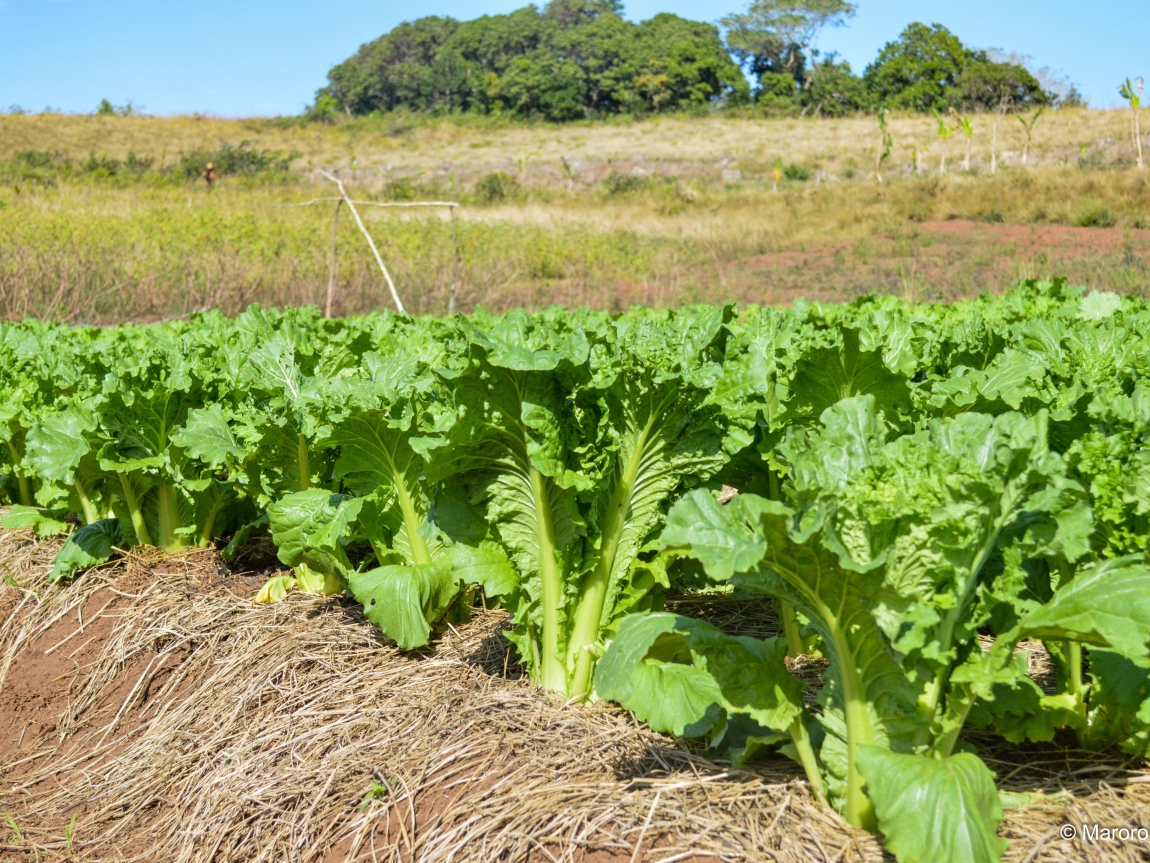Cricket-based solutions for food insecurity

Clarky, our research lead, and other members of the cricket research team. Credit - Mahefa Natt.
Cricket-based solutions for fighting food insecurity: Climate adaptive farming in Madagascar
Reversing the loss of Earth’s tropical rainforests is the fastest, most affordable, and most effective way to reduce global heating, protect half the world’s species, and decrease the risk of future pandemics (Edwards et al., 2015; Brancalian et al., 2019). When it comes to stopping forest loss and living in balance with rainforest ecosystems, Indigenous Peoples and Local Communities (IPs & LCs) are the experts. Unfortunately, their knowledge receives less than 1% of global climate funding annually, and poverty, climate shocks, and other challenges create pressure for community members to engage in logging and hunting simply to survive.
Health In Harmony exists to shift this paradigm. Founded in 2005, it addresses climate and nature crises by working alongside IPs & LCs to protect 9.4 million hectares of tropical rainforest globally, in line with its mission to reverse tropical rainforest deforestation for planetary health. Since 2019, Health In Harmony has partnered with communities in and around Manombo, southern Madagascar, a global biodiversity hotspot, to provide healthcare and support local conservation efforts.
"Understanding that the health of humans and the health of ecosystems are connected, rainforest communities consistently design solutions that interlink access to healthcare, conservation, livelihoods, and education."To position rainforest communities as climate and conservation experts and identify and interrupt the root causes of rainforest degradation, Health In Harmony practices a grounded methodology called Radical Listening. This proven approach involves not only listening to IPs & LCs but also investing precisely in their solutions that lead to rainforest stabilisation, restoration, and community well-being.
Understanding that the health of humans and the health of ecosystems are connected, rainforest communities consistently design solutions that interlink access to healthcare, conservation, livelihoods, and education. For example, a regenerative agriculture program offers health-improving food security, protects and regenerates climate-critical tropical rainforest ecosystems, and offers local community members vital economic opportunities. From Indonesia to Madagascar to the Brazilian Amazon, IPs & LCs consistently design interconnected systems-oriented solutions, and more specifically, planetary health systems that link the improvement of human well-being to that of the natural systems upon which human health and well-being depend.

To precisely understand what communities within 2km of south-eastern Madagascar’s Manombo Rainforest need to live in balance with the rainforest, Health In Harmony conducted Radical Listening with 31 communities around the rainforest, including 7,885 Indigenous People. Through Health In Harmony’s unique, grounded Radical Listening methodology, communities identified a need for training in regenerative agriculture, which offers a sustainable alternative livelihood that is critical to increasing food security. Driven by changing rainfall patterns, shortening growing seasons, and declining soil fertility, farmers are breaking up Manombo Rainforest with swidden fields (rotational farming, often reliant on the use of fire) at an accelerating rate. To address their short- and long-term well-being alongside that of the forest, communities seek to shift away from swidden agriculture. Following community guidance, Health In Harmony began offering regular training in regenerative farming that not only enhances land use but also minimises deforestation and forest fires. Training participants in Manombo communities are also equipped with new skills and techniques to improve farming practices, increase crop yield without increasing farm size, address food insecurity, engage in sustainable economic opportunities, improve climate-critical rainforest integrity, and increase wildlife habitat. Training topics include but are not limited to: irrigation and composting to regenerate soil fertility and vegetable cultivation, and incorporating crops such as sweet potato, manioc, beans, yams, and peas.
"The creation and management of cricket farms will eventually be replicated across 31 communities, creating livelihood opportunities and contributing to long-term food security and biodiversity protection opportunities."To further improve the community-designed regenerative agriculture programme in response to mounting climate threats, HIH Madagascar has partnered with the Madagascar Biodiversity Center to test the acceptability of cricket-based nutrition and cricket frass (excrement) fertiliser. The utilisation of cricket-based nutrition and cricket-frass soil fertiliser (CFF) offers a cheap and climate-friendly way to increase community capacity for livelihoods, food production, crop return, and resilience to periods of drought and climate shocks. This new technique can address nutritional and economic poverty, improving community resilience. Most importantly, local communities are leading every aspect of this project, holding key project roles including livelihood managers, research initiative consultants, forest guardians, and managing cricket farms created in this project. Community leadership ensures the success of the project, as community members will maintain cricket farms, use CFF, and employ cricket-based nutritional opportunities.

Over a two-year project period, research on the impact of CFF and cricket powder nutritional formulations on agricultural and nutritional indicators will deliver the following outputs:
- CFF trials developed and conducted in reforestation, agroforestry, and agriculture test plots (four crop species in each plot), and evaluated for potential long-term production in cricket farms in communities,
- 31 total communities test and choose acceptable cricket powder-based nutritional supplements for potential long-term production in cricket farms in communities, and
- Successful self-sustaining cricket farms created in seven village communities
The creation and management of cricket farms will eventually be replicated across all 31 communities (1,512 households) in the Manombo Rainforest region, creating livelihood opportunities and contributing to long-term food security and biodiversity protection opportunities by offering further alternatives to slash-and-burn agriculture and hunting. Further, Health In Harmony and Madagascar Biodiversity Center aim for this project to be a model for other NGOs interested in taking on cricket farming in Madagascar.
Introducing and testing these new, community-led initiatives to combat nutritional poverty and increase economic opportunities through CFF and cricket farming programmes offers substantial potential for immediate short-term impacts on food security and driving down biodiversity harm through hunting. The project will address community poverty and deforestation through agroforestry, reforestation, and testing acceptability of cricket-based nutrition and agriculture initiatives, increasing community well-being and reducing the need to degrade Madagascar’s biodiversity for resources.
Written by Evan Davis. For more information on this Darwin Initiative Main project 30-015, led by Health In Harmony, please click here.

 Back
Back